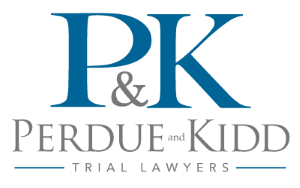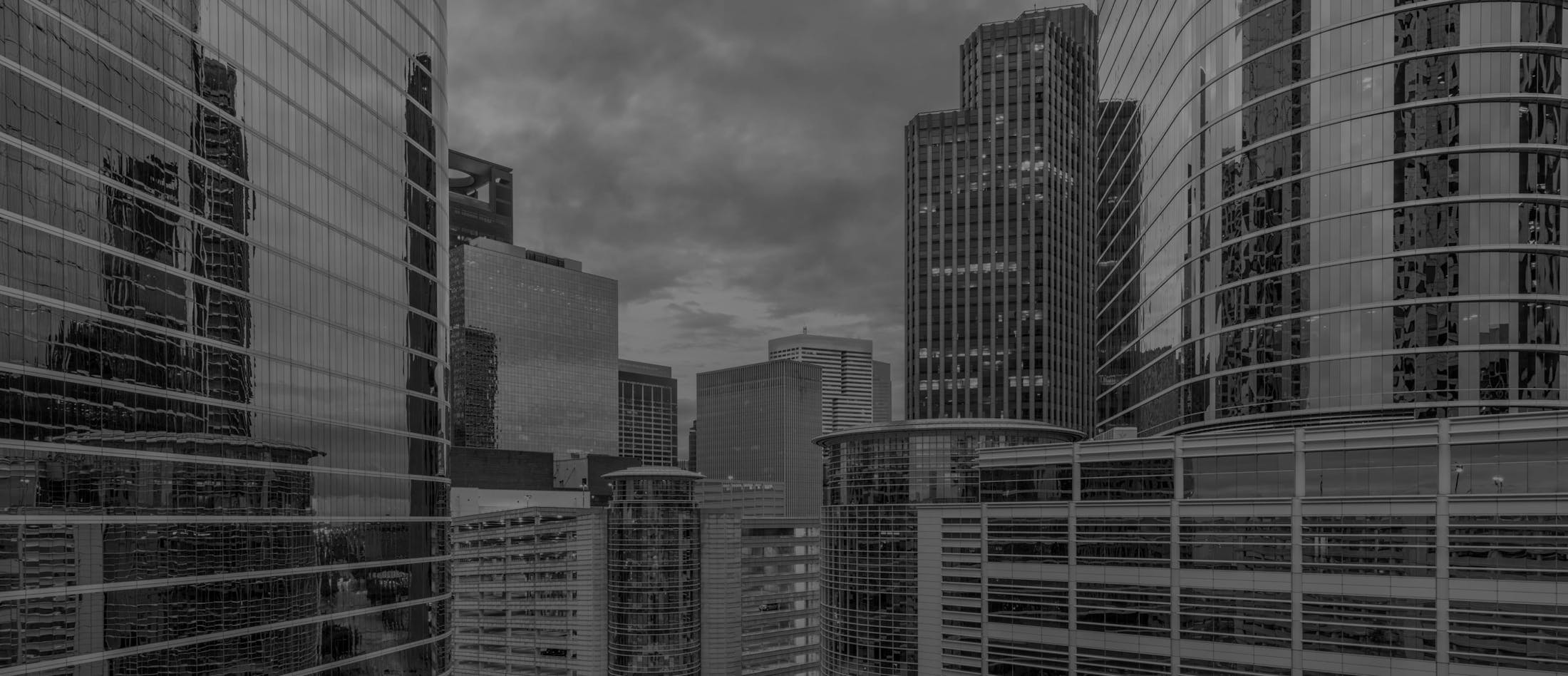Who Is Responsible for Your Injuries?
Determining liability in accidents involving DoorDash drivers can be legally complex due to the structure of the company’s relationship with its drivers. Unlike traditional employees, DoorDash drivers are classified as independent contractors, meaning DoorDash often attempts to deflect direct responsibility for their actions. However, this does not mean you are without recourse. Multiple avenues for pursuing compensation may be available, depending on the specifics of your case:
The Driver's Insurance
Under Texas law, all drivers, including DoorDash drivers, are required to carry minimum personal auto insurance to cover liability in accidents. However, most personal auto insurance policies include exclusions for commercial activities, such as driving for a delivery service. This means the driver’s policy may not cover accidents that occur while they are actively delivering for DoorDash. In these cases, the details of the driver’s activity at the time of the accident—such as whether they were en route to pick up an order, making a delivery, or simply driving between shifts—become critical. If their personal insurance denies coverage, other policies or legal options may come into play.
DoorDash’s Liability Insurance
DoorDash provides contingent liability insurance for its drivers, which may help cover damages if the driver’s personal insurance is insufficient or denied. This coverage typically includes:
- Up to $1 million in liability coverage for accidents occurring during active deliveries (i.e., from the time the driver picks up an order to the time it is delivered).
- Coverage that applies only if the driver’s personal insurance refuses to pay
However, there are limitations. For instance, this coverage does not apply if the driver was not actively engaged in a delivery (e.g., waiting for an order). DoorDash’s insurance also does not cover damage to your vehicle or injuries unless the driver is found liable.
Third-Party Liability
In some cases, third parties may bear partial or full responsibility for the accident. Examples include:
- Vehicle Manufacturers: If defective vehicle parts (e.g., brakes, tires, or steering systems) contributed to the accident.
- Mechanics or Maintenance Companies: If improper repairs or maintenance caused the vehicle to malfunction.
- Other Drivers or Entities: If another motorist’s negligence, hazardous road conditions, or poorly designed intersections played a role in the crash.






